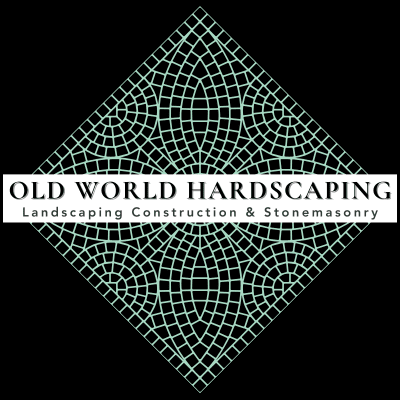How to Choose the Best Paving Material for Your Driveway
Choosing the right paving material for your driveway is a crucial decision that impacts the durability, appearance, and overall value of your property. With several options available, it’s important to weigh the pros and cons of each material to find the one that best suits your needs, budget, and aesthetic preferences. In this guide, we’ll explore the most popular paving materials, including asphalt, concrete, and natural stone, to help you make an informed choice.
1. Asphalt: The Cost-Effective Choice
Asphalt is a popular choice for driveways due to its affordability and quick installation process. It’s a flexible material that can withstand extreme weather conditions, making it ideal for climates with significant temperature fluctuations. Asphalt driveways are also easy to maintain and repair, as minor cracks can be sealed quickly without the need for a complete overhaul.
Pros:
- Affordable: Asphalt is generally more budget-friendly than other materials.
- Quick Installation: Asphalt driveways can be laid and ready for use in just a few days.
- Easy Maintenance: Minor repairs are straightforward and inexpensive.
Cons:
- Limited Lifespan: Asphalt driveways typically last 15-20 years before needing replacement.
- Regular Maintenance: Asphalt requires sealing every 2-3 years to maintain its appearance and durability.
- Less Aesthetic Appeal: While functional, asphalt may not offer the same visual appeal as other materials.
2. Concrete: The Durable Workhorse
Concrete is known for its durability and versatility, making it a strong contender for driveway paving. It offers a clean, modern look and can be customized with various finishes, such as stamped or stained concrete, to mimic the appearance of more expensive materials like stone or brick. Concrete driveways are low maintenance and can last up to 30 years or more with proper care.
Pros:
- Long-Lasting: Concrete driveways can last several decades.
- Low Maintenance: Requires minimal upkeep compared to other materials.
- Customizable: Available in a variety of finishes and colors to enhance curb appeal.
Cons:
- Higher Cost: Concrete is generally more expensive than asphalt.
- Prone to Cracking: In areas with freezing and thawing cycles, concrete may crack over time.
- Longer Installation Time: Concrete requires more time to set and cure, delaying usage.
3. Natural Stone: The Luxurious Option
For those seeking a high-end, elegant driveway, natural stone is the ultimate choice. Stones like granite, slate, or sandstone offer unmatched beauty and durability, making them a premium option for homeowners looking to enhance their property’s curb appeal. Natural stone driveways are also incredibly durable, with the ability to withstand heavy traffic and harsh weather conditions.
Pros:
- Aesthetic Appeal: Natural stone provides a timeless, luxurious look.
- Durable: Can last a lifetime with proper maintenance.
- Increases Property Value: A stone driveway can significantly boost the value of your home.
Cons:
- High Cost: Natural stone is the most expensive paving option.
- Labor-Intensive Installation: Requires skilled labor, increasing the overall project cost.
- Maintenance: Regular sealing and maintenance are necessary to preserve the stone’s appearance.
4. Gravel: The Budget-Friendly Alternative
Gravel driveways are an excellent choice for homeowners looking for an affordable and easy-to-install option. Gravel is available in various sizes and colors, allowing for some customization. While it may not offer the same level of permanence as asphalt, concrete, or stone, gravel driveways are ideal for rural or country properties where a rustic aesthetic is desired.
Pros:
- Inexpensive: Gravel is one of the most affordable driveway materials.
- Easy Installation: Can be installed quickly without the need for extensive labor.
- Good Drainage: Gravel naturally provides excellent drainage, reducing the risk of water damage.
Cons:
- Maintenance: Gravel requires regular replenishment and grading to maintain an even surface.
- Not Suitable for High-Traffic Areas: Gravel can shift or become uneven with heavy use.
- Limited Longevity: Gravel driveways may need frequent upkeep to prevent erosion.
Making the Right Choice
Ultimately, the best paving material for your driveway depends on your budget, aesthetic preferences, and the specific needs of your property. If you're looking for a quick and cost-effective solution, asphalt might be your best bet. For a more durable and customizable option, concrete is a solid choice. If luxury and long-term value are your priorities, natural stone offers unparalleled beauty and durability. Finally, if you’re on a tight budget and want a low-maintenance option, gravel is worth considering.
At Old World Hardscaping, we specialize in creating beautiful, durable driveways that enhance your home's curb appeal and functionality. Contact us today to schedule a consultation and explore the best paving options for your property.


